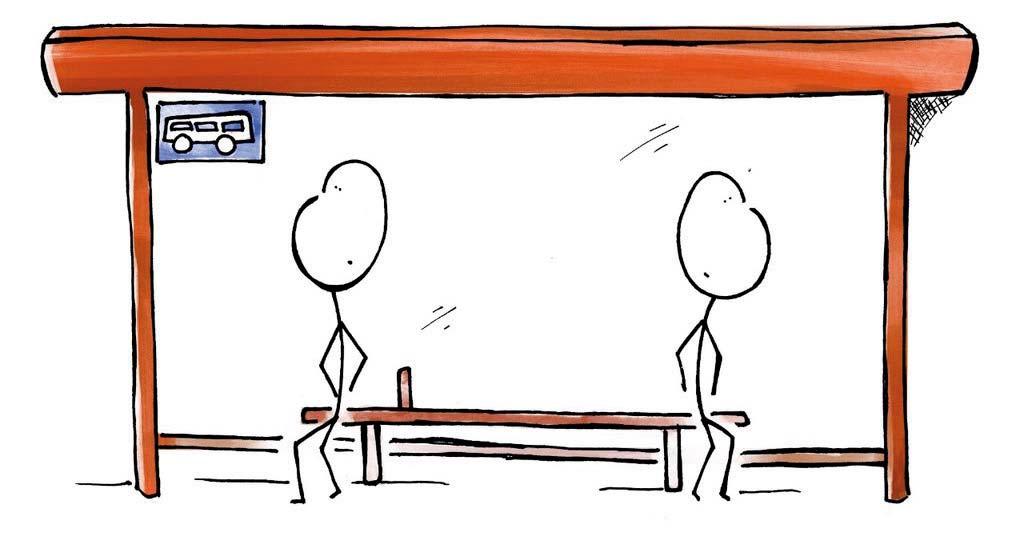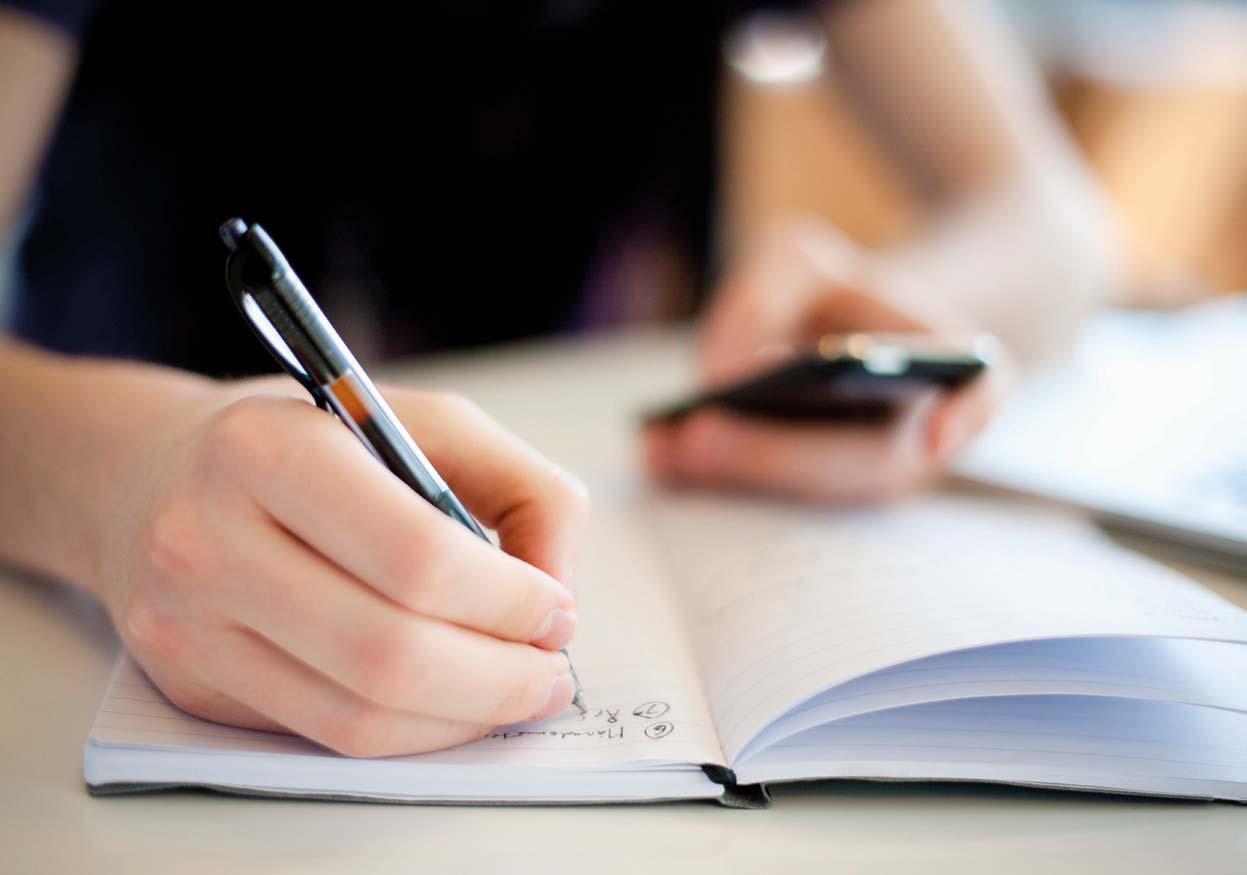Preaction Study the examples texts below and make a double bubble on British and Norwegian behaviour, see page 27.
4/5
Work in the UK
in
Vu
luggage baggasje vital viktige considered sett på som rude uhøflig/uhøfleg essential avgjørende/avgjerande participant deltaker/deltakar receiving motta / ta imot
124
The United Kingdom
em pl
gs ek s
“
I work part-time at a hotel where I mostly help out with the luggage and run errands. Being polite is extremely important, and I have had to learn a lot of phrases in both English and Norwegian. I quickly noticed that Norwegians are quite impolite compared to people from other countries. Guests from abroad give me a tip, they look me in the eyes and they say "thank you" and "please", while Norwegians often do not. Also, Norwegians are really direct. They will for example say, “Here, take my luggage”.
rd er
“
I was having dinner with some British friends and I wanted more potatoes. The potatoes were on the other side of the person sitting next to me, so I just reached over him and took them. He looked strangely at me. Later I was told that what I did is known as “the Norwegian arm”. We tend to stretch over others to grab something instead of asking them to pass it.
ar
“
Last year I travelled to Scotland with my family. First, we felt uncomfortable being greeted when entering and leaving shops, not knowing how to reply. Then, after a while, hearing “Good morning, how are you?” and replying “Fine, thanks, how are you?” became a habit. Also, we had to remember to stand to the right on escalators to let people in a hurry go by on the left, and we had to make sure to never enter a bus first unless we were first in line. Afterwards it felt odd coming home where no one says “thank you” and “excuse me”.
Always stand to the right on escalators.
Keep Calm and Be Polite In stressful situations at work, it is important to keep calm and be polite. Norwegians do not usually use polite phrases like “please”, “sorry”, “excuse me”, “How do you do?”, “How are you doing?”, etc. Surveys confirm that we are often considered rude when speaking English. Therefore, it is vital to practice useful phrases in English for work situations. Politeness is essential, and your polite behaviour at work will show that you are a good listener, an active participant in conversations, open to giving and receiving feedback and instructions, and aware of the impression of body language. SOURCE Johansen, S. H. 2018. Det er egentlig ikke typisk norsk å være god i engelsk. Forskning.no



































































